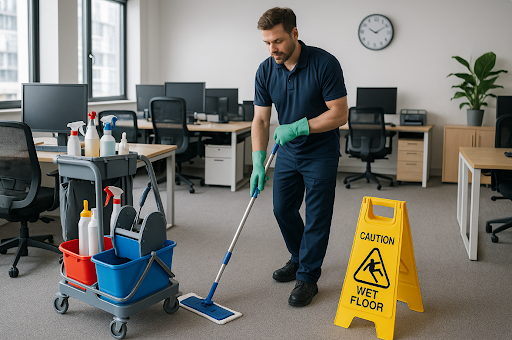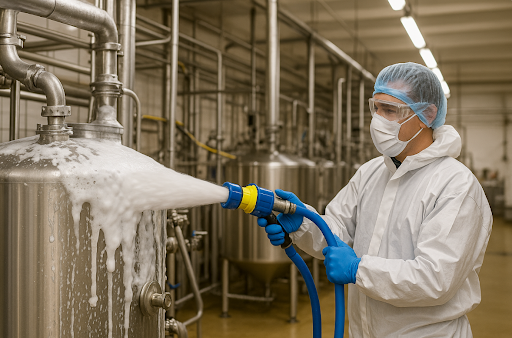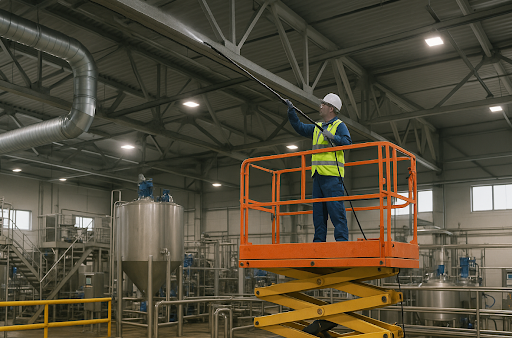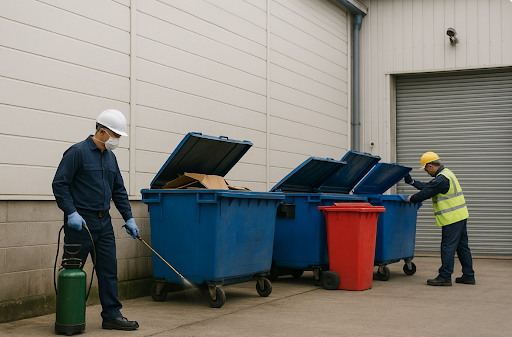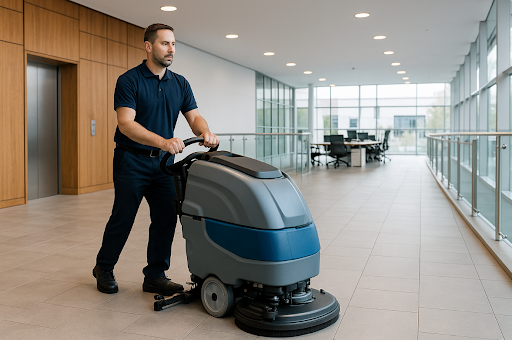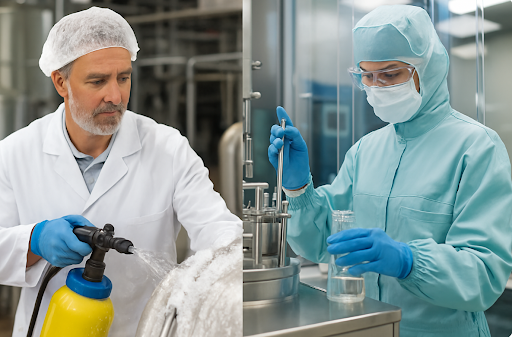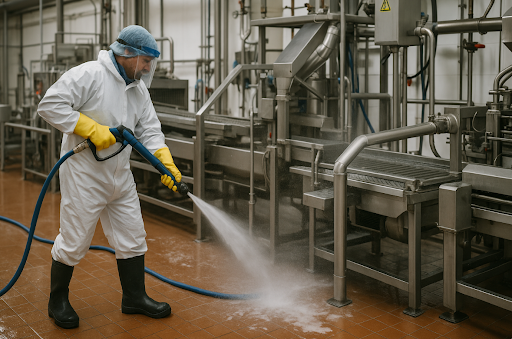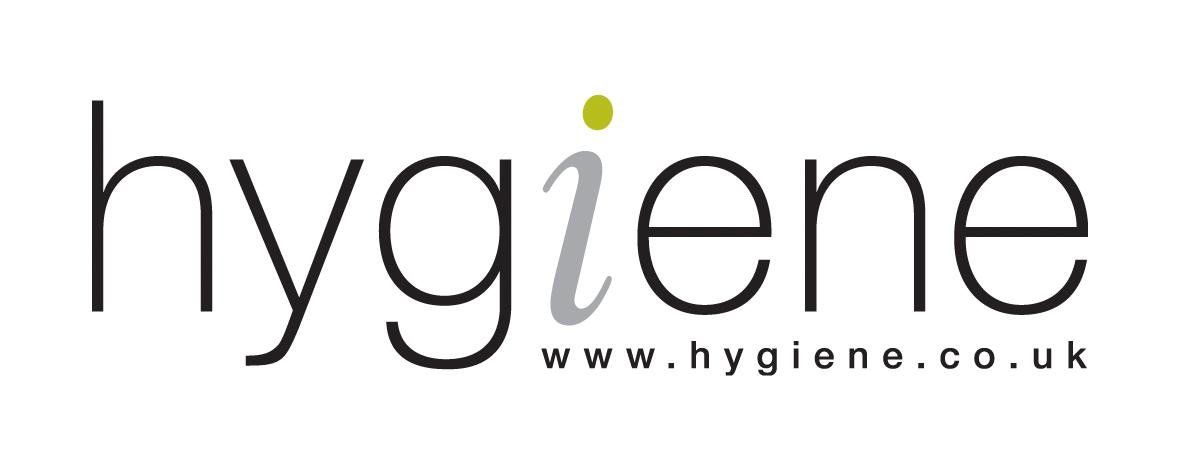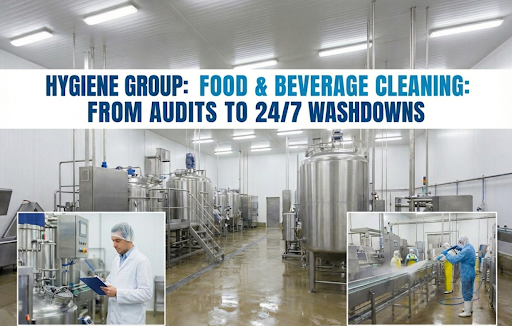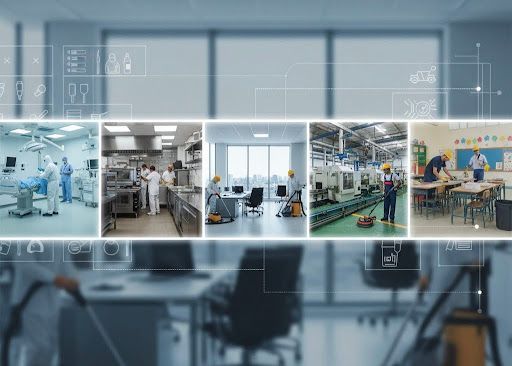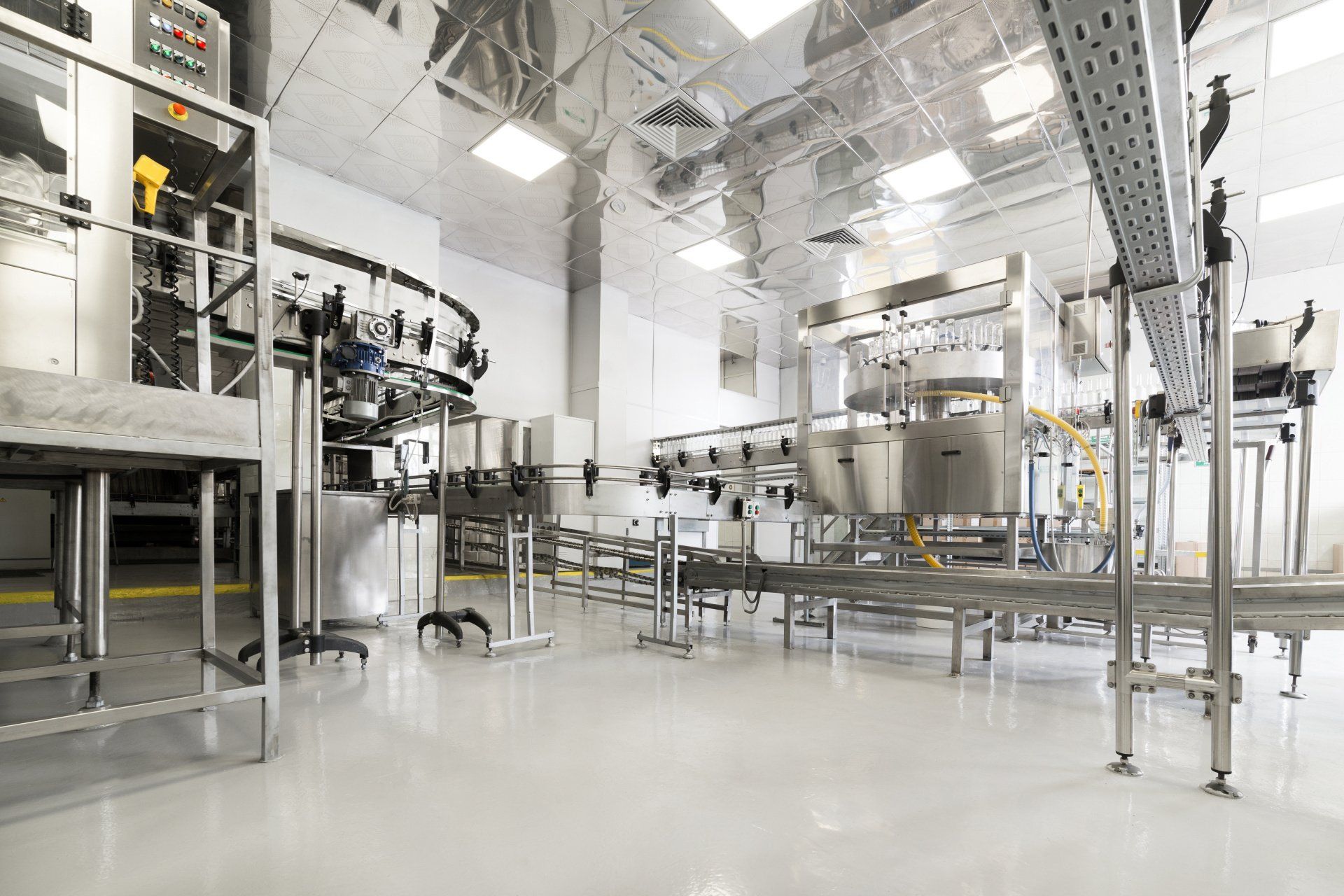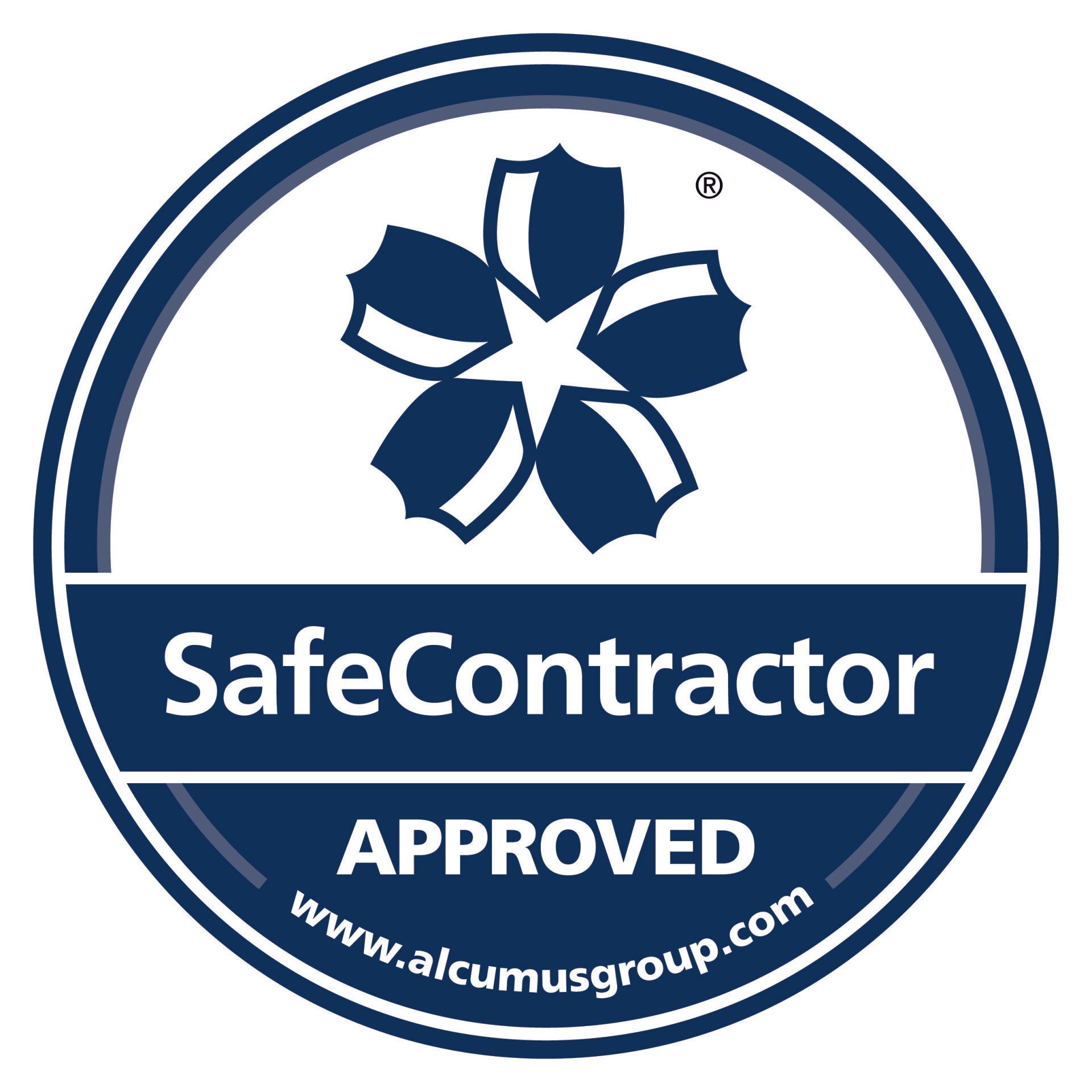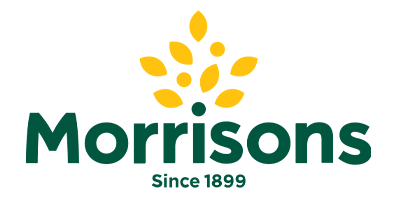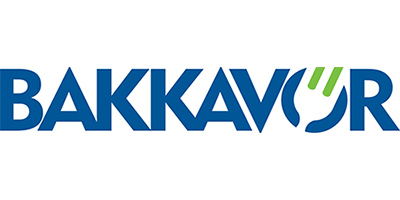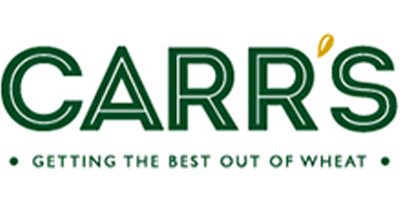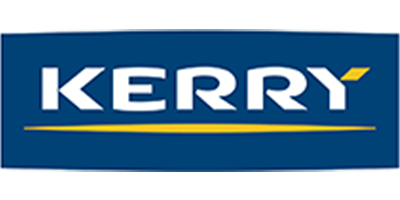How to Sanitise Food Factory Equipment
Food factories have to adhere to very strict hygiene and sanitation regulations, or they can face closure. Food factories must meet stringent hygiene and safety standards to produce safe food products. One of the most important steps in achieving and maintaining these high standards is proper sanitisation of food production equipment. Even a little bit of dirt or bacteria can cause illness in consumers, so it is important to follow the correct sanitising procedures to avoid contaminating food with harmful bacteria.
Here, we will outline the steps you need to take to properly sanitise your food factory equipment.
- Identifying the contamination and selecting the appropriate sanitising agent
Before you can sanitise something, you need to know what kind of dirt you're dealing with. That's why the first step in sanitising food factory equipment is to identify the type of contamination. There are three main types: organic, inorganic, and biological. Organic contaminants are those that come from a living organism, such as bacteria and viruses. Inorganic contaminants are those that come from a non-living organism, such as dust and dirt. Biological contaminants are a mixture of both organic and inorganic contaminants.
After identifying the type of contamination, the next step is to select the appropriate sanitising agent. There are many different agents available, but each one is effective against different types of contaminates. For example, chlorine is effective against organic contaminants but not effective against inorganic contaminants. On the other hand, Iodine, quaternary ammonium compounds, and peracetic acid are all effective against inorganic contaminants. Each of these agents has its advantages and disadvantages, so be sure to select the one that is best suited for your needs. With the right sanitising agent, you can rest assured that your surfaces will be free of harmful contaminants.
- Sanitise your food equipment using different methods
Sanitising your food equipment is important to ensure that it is free of bacteria that could cause foodborne illness. There are a few different ways to do this, and the most appropriate method will depend on the type of equipment you are using.
Here are some methods to consider for cleaning factory equipment:
- Pressure washer - a pressure washer is a very useful tool for cleaning large food factory equipment. The high-pressure stream of water can remove stubborn dirt and grime from surfaces quickly and easily.
- Steam cleaner - a steam cleaner is an essential piece of equipment for any food factory. The high-pressure steam jet not only cleans the surface of the equipment but also sanitises and disinfects it.
- Chemical cleaner - they help to remove grease and other build-ups from surfaces, keeping them sanitary and safe for food production. However, it is important to choose the right chemical cleaner for the job. Some chemicals are more effective than others at removing different types of build-up. Some are also more corrosive, which can damage equipment if they are not used properly.
- Ultrasonic cleaner - uses high-frequency sound waves to create cavitation bubbles in a liquid. These bubbles collapse and emit energy that can break down dirt, grime, and other deposits on surfaces. In addition, ultrasonic cleaners are safe to use on delicate equipment and can be used with a variety of cleaning solutions.
Once you have done this, rinse your equipment with clean water and allow it to air dry. Repeat this process as needed to maintain a clean and safe environment.
- The right amount of right chemicals
There's a lot that goes into making sure food factory equipment is properly sanitised. The first thing to consider is what kind of chemicals you'll need to use. Different materials require different cleaning solutions. For example, stainless steel surfaces can be cleaned with a neutral detergent, while aluminium must be treated with an acidic cleaner. You'll also need to take into account the type of soil that's on the equipment. If it's heavily soiled, you may need a more powerful cleaner.
Make sure the concentration of the chemical is high enough to be effective – otherwise, you may not achieve adequate sanitisation levels. Using too much or too little can be ineffective and may even leave dangerous residue on the equipment surfaces. In addition, it is important to read the product label carefully so that you use the correct concentration and method of application. For example, some chemicals need to be diluted in water before use, while others should be used undiluted. Following the directions on the label will help ensure that you are using the product correctly and safely.
Proper sanitising of your food factory equipment is essential for maintaining hygiene and preventing the spread of contaminants. By hiring professional sanitising services like
Hygiene Group, you can be sure that your equipment is properly cleaned and in compliance with all appropriate regulations. At Hygiene, we provide the best food factory sanitising services to help you maintain a clean and safe working environment.
